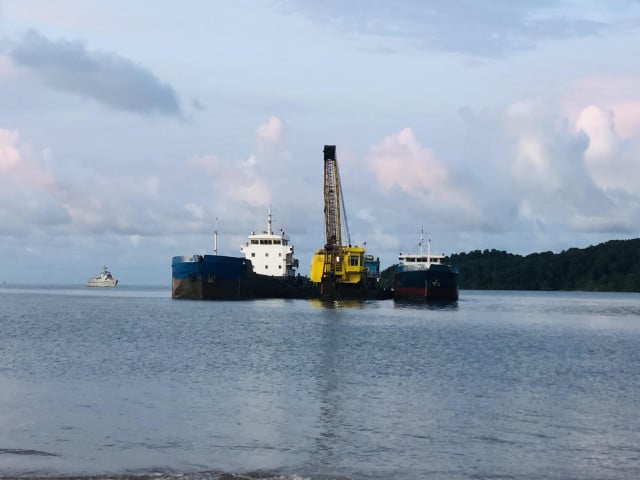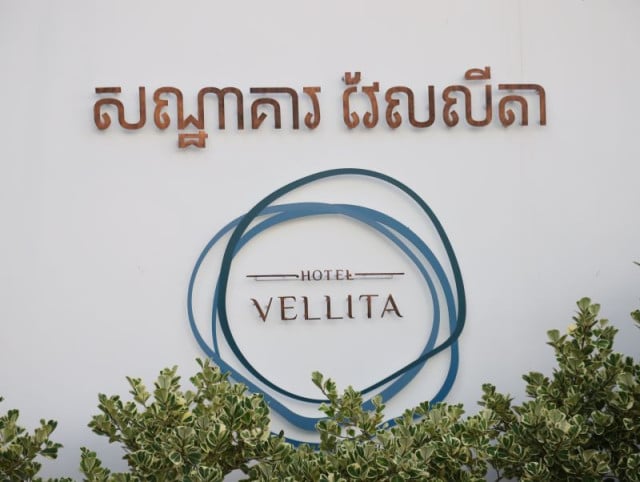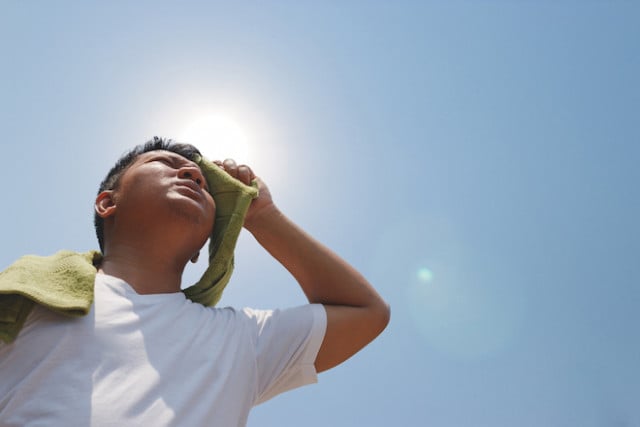Tips for Cambodians Applying for the U.S.’ YSEALI Exchange Program
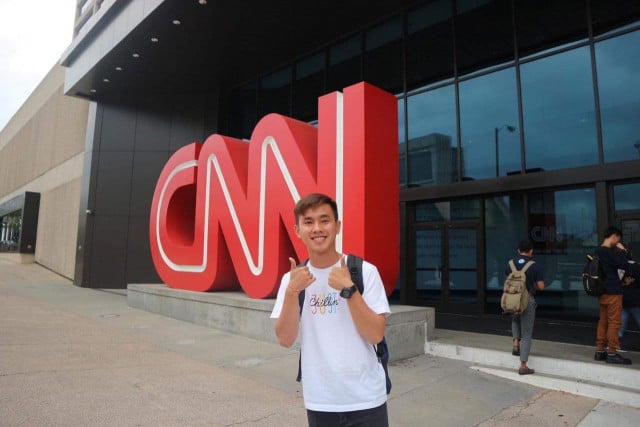
- By Ky Chamna
- August 2, 2021 11:07 AM
Educational opportunities between the 10 ASEAN countries and the rest of the world have gained momentum over the last two decades. Many young Cambodians now have more choices for their studies and acquiring experience overseas. Ky Chamna, a journalist with Cambodianess, met with Chin Chav An, an alumni of the 2019 Young Southeast Asian Leaders Initiative (YSEALI), to learn about this exchange program offered by the United States and get tips on how to apply for it.
Ky Chamna: Since you have taken part in the 2019 YSEALI exchange program, would you please share with those who are considering applying for this program how you prepared for the application process?
Chin Chav An: Even though the YSEALI program is short, competition for the slots is very fierce. After failing a few times, I decided to reach out to friends who had taken part in the program. By that time, I had realized that knowing where you come from and what you can do is really critical during the application stage. One might have what it takes for the program, but it does not mean one can write it up well on the application forms. Therefore, crosschecking what I had written with my friends helped me shape up my candidacy profile.
Ky Chamna: From your personal viewpoint, how easy or difficult was the application and the interview phases?
Chin Chav An: It is not easy, but it also is not impossible. The application and the interview phases were, for me, equally challenging. For the application phase, you have to pay close attention to how you present yourself and the project you want to later implement. You also must have a sense of what you want to learn once you arrive in the US in relation to your own background. The essay also must focus on your capacity and your willingness to implement your project in your own society once you come back to your home country. It does not matter that much weather you come from the private or NGO sector, as long as you have the capability to run a social project later on. You initially must have a goal of what you might want to do. After that, you can figure out key elements or methodology to put your goal into action. Once you are shortlisted for the interview, the interviewers will ask you questions more or less similar to the ones that appeared in the essay papers and to which you have responded in your essay. However, there are more follow-up questions regarding some of the challenges you may expect to face once you arrive in the United States. Preparation is key for both the application and the interview. And by preparation, I also mean knowing yourself well enough to present yourself to the committee.
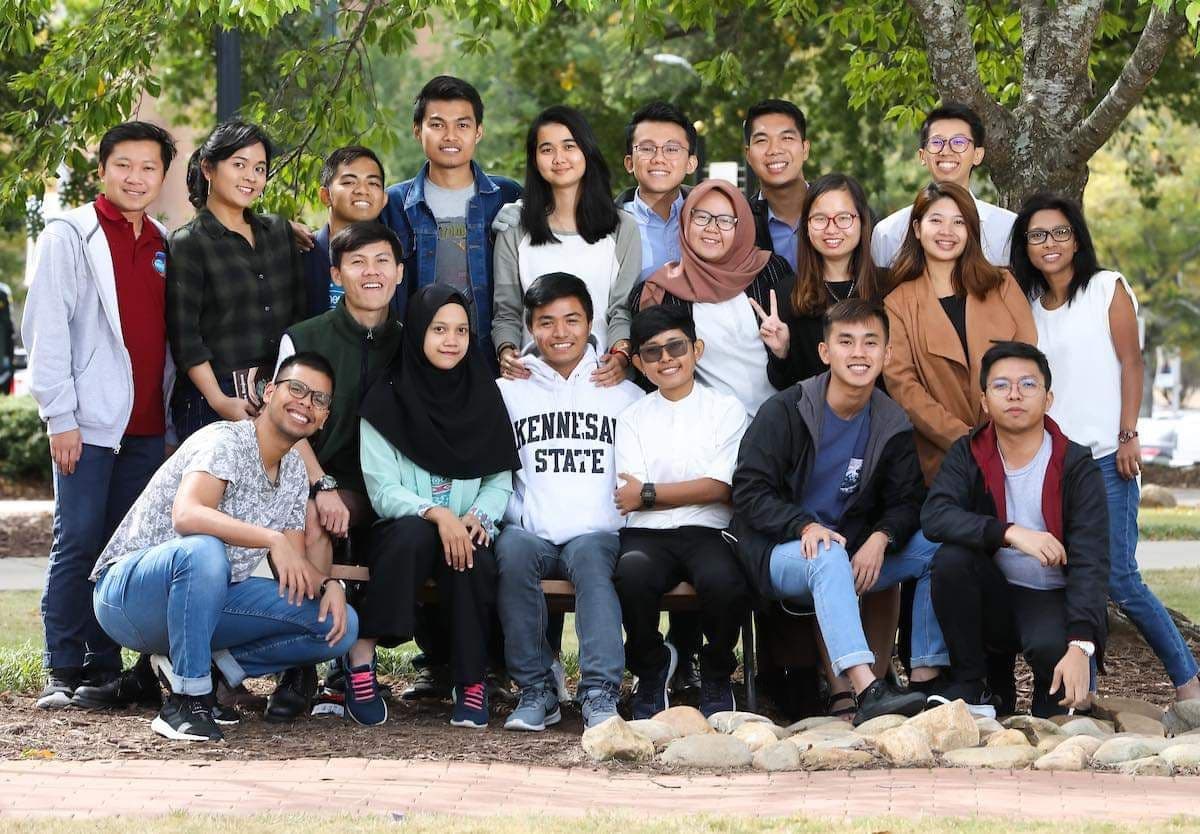
Ky Chamna: Once you were selected for the program, what kind of training did you go through before departing for the United States? How easy or hard was the pre-departure training in Cambodia?
Chin Chav An: Since the year during which I applied, the program has changed. During my year, I just went straight to the United States. Those after me, due to the COVID-19 pandemic, did not head directly for the United States. The program managers decided to conduct the lecture through an online platform in Cambodia. During my time, the lecture was done in the United States. You have to complete your respective course in around two to three weeks. Those courses are on civic engagement, economic development and the environment. Once the course study is completed, you will be contacted for your trip to America. The lecture given before departure is very similar to the lectures you get in your university classes. There will be guest speakers or other experts who provide us with the theoretical foundation for our selected theme. Since I was studying in DIS [Department of International Studies], I had already gone through some of the topics, which were addressed within the theoretical training. However, for others, the concept might be a bit new for them. Nevertheless, it is not going to be incomprehensively new. You will learn about the theme in which you choose to apply. They will provide you with the necessary education on top of what you have already been acquiring.
Ky Chamna: Once you arrived in the United States, what training did you get? Also, which parts of the country did you visit in between your exchange program agenda?
Chin Chav An: I was in the YSEALI Academic Fellowship on Civic Engagement. So, everything back then pretty much revolved around the topic. There were classes on campus and field activities. We took classes in International Human and Civil Rights, Peace Studies, Conflict Resolution, Social Entrepreneurship and many more guest lectures in Sustainability and Disabilities. Outside of class was where we got ourselves exposed and our eyes opened. We went to a whole lot of museums in Georgia and Alabama [states] to get close to the grassroot civil-rights movement that started [in the mid-20th century] to demand racial equality in the US. That includes the legendary Martin Luther King Jr. and his famous speech “I have a dream.”
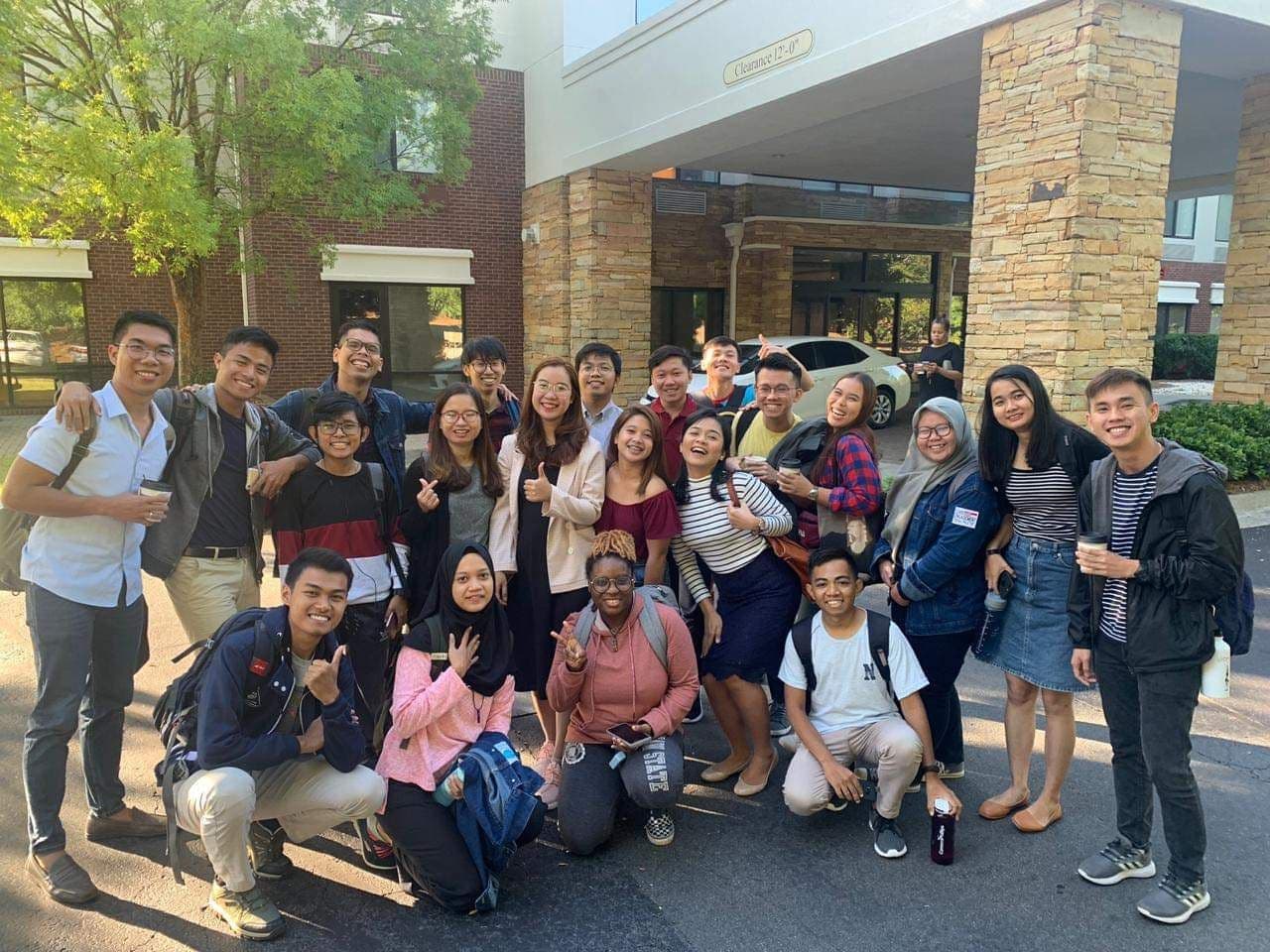
Ky Chamna: After both the pre-departure training in Cambodia and further training in the United States, what are some of the remarkable things that you have learnt specifically through the YSEALI?
Chin Chav An: Being able to personally experience the scene of change that happened in the past, I have learned that change can start from the grassroot level and that change involves many actors to catalyze the process. As a media person, I observed how traditional media back then played their role in broadcasting about different causes and gathering support for them to advance their demands. Mass media helped amplify the voice and mobilize resources throughout different stages of social change. In this modern day, I reflect on how digital media nowadays has the power to influence our everyday lives.
Ky Chamna: As stated in the program, a successful candidate should implement a project, which aims to foster the development of the community when returning to Cambodia. For you, as a former selected successful candidate, what was the program that you implemented after coming back to Cambodia and how successful has that project of yours been?
Chin Chav An: Witnessing the power of media in this digital world, my friends and I applied for the Alumni Engagement Innovation Fund and implemented the HER Project (Digital Edition) through which we trained 15 young women students from the capital city of Phnom Penh, Kampong Chhnang Province, Battambang Province and Siem Reap Province in digital media literacy and digital campaigning. During the project, the young women implemented their social media campaigns and digital outreach regarding media literacy in their communities, and reached more than 1 million people and engaged more than 100,000 people. Once you become an Alumni of YSEALI, there will be different kinds of funding programs. There is the YSEALI Unify fund given annually for the implementation of smaller projects. Back then, I implemented my Alumni Engagement Innovation fund, which was somewhat a medium size project. There also is YSEALI Seed for the Future grants. You can apply and compete for the funds to help make your project a reality.
Ky Chamna: In an overall sense, how did the program influence/change your mindset, perception or thinking toward your life and reality?
Chin Chav An: As a development passionate, I have always dreamed of seeing my own country progress toward more and more development. Being able to open myself to the outside environment enabled me to understand that every country has its own stories to tell and that there is more to learn for me and for the society I live in.






